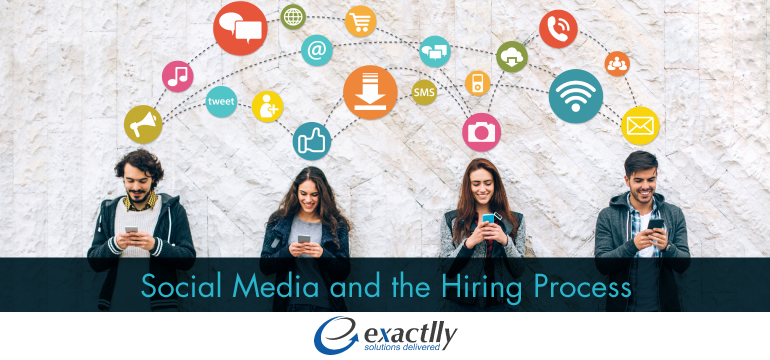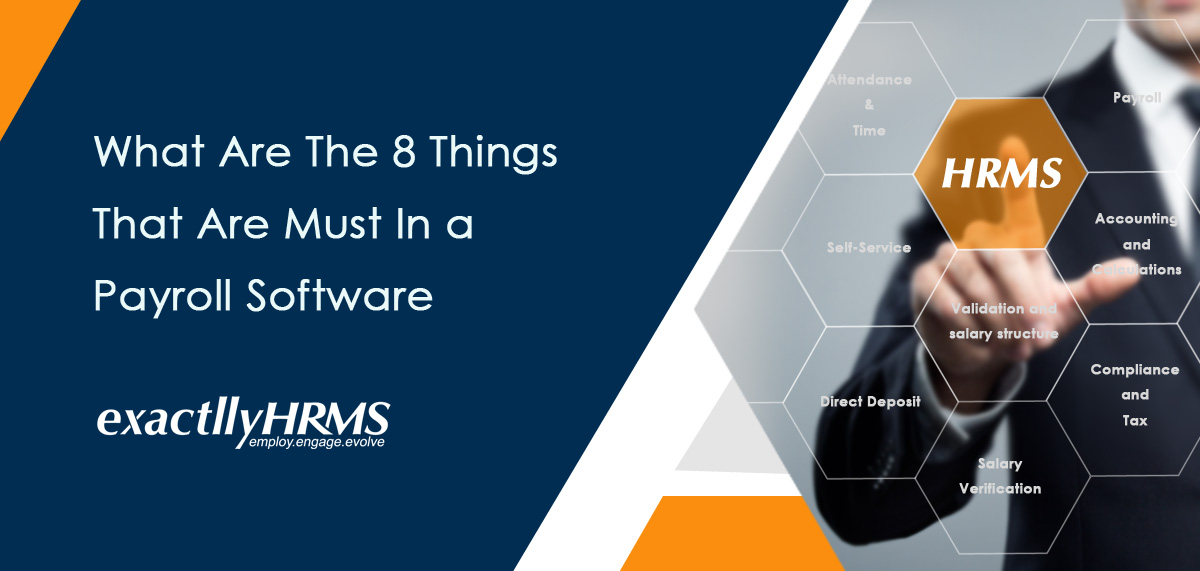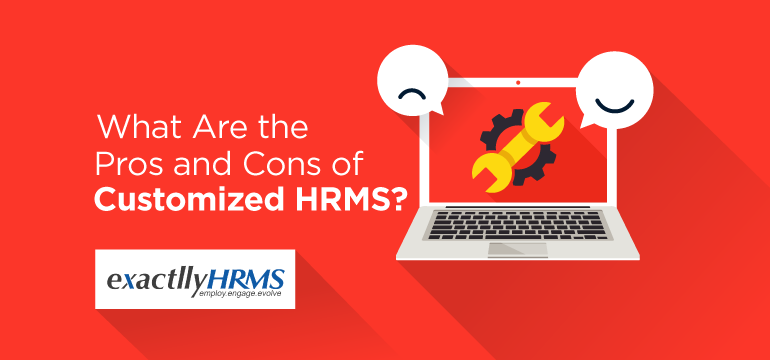Social Media and the Hiring Process

The background check has become an essential criterion for many companies before recruiting an employee. For large companies, background checks are conducted by third-party organizations while small companies prefer to do it by themselves. It is an investment to do a check as it helps in protecting organizational assets, ensure safety at the workplace, reduce attrition rate, avoid legal actions and instil confidence among customers. Apart from pursuing traditional sources for conducting background checks, many companies have taken to social media platforms like LinkedIn, Facebook and Twitter.
While there is nothing wrong with viewing a public profile, the problem arises when knowledge of such information becomes an obstacle in hiring the right candidate. In their effort to fish information about candidates on social media, certain companies land themselves in a legal tangle. Accessing social media profiles does hold some benefit during the hiring process but it may have ramifications if used in an unwise manner.
Challenges faced by Companies while Accessing Social Media Profile:
With social media, the employer is able to access the personal and professional information of the candidate before the interview. It has become a part of the screening process. Access to professional information is fine but personal information like region, ethnicity, gender, age, religion, disability or sexual orientation can overpower the authentic screening process. It intervenes in the right to privacy of candidates. Employers may choose to reject the candidate much before the interview stage causing discrimination to the deserving candidates.
Apart from that, managers may be limiting their scope of finding the most suitable candidate by giving more preference to information learnt from social media. Furthermore, social media information may not always be true. Making an important decision by relying completely on such information may actually result in the recruitment of an unsuitable candidate.
For instance, if you are looking for a business development manager for a particular territory, you can’t place the merits of other candidates aside by favouring only the candidates residing or belonging to that particular territory. This may have serious discrimination consequences against your company. Every candidate should get a fair and equal opportunity during the hiring process.
Treading Safely:
The best way to go forward is not to use social media until the interview or rather don’t use it all for conducting background checks. It saves you from anticipation and apprehensions based on unfounded grounds. However, if you do plan to incorporate information gathered on social media in your hiring process, follow a systematic and lawful approach.
How can you do that?
- Hire a person or a company to explore information about candidates on social media. But remember not to involve them in the hiring process.
- Don’t go beyond finding out business experience and educational background
- Design a process of accessing social media for seeking professional information
- Train HR personnel to use social media information during the hiring process
- Maintain a record of social media profile visited including “what information was accessed” and “when was it accessed?” It is important to collect such information to prove your innocence in a lawsuit.
Conclusion:
Screening through social media should be used as an additional tool but not the only tool in the hiring process. Follow all other traditional methods of background checks including resume, references, education and criminal records. It is better to limit yourself to professional media networks like LinkedIn which usually contains necessary professional information sought by employers. If required, access other social media profiles only after an interview or in case of any doubt. exactllyHRMS is one of the most advanced HRMS Software present in the industry. To know more about exactllyHRMS, feel free to Contact Us and get a Free Demo.





